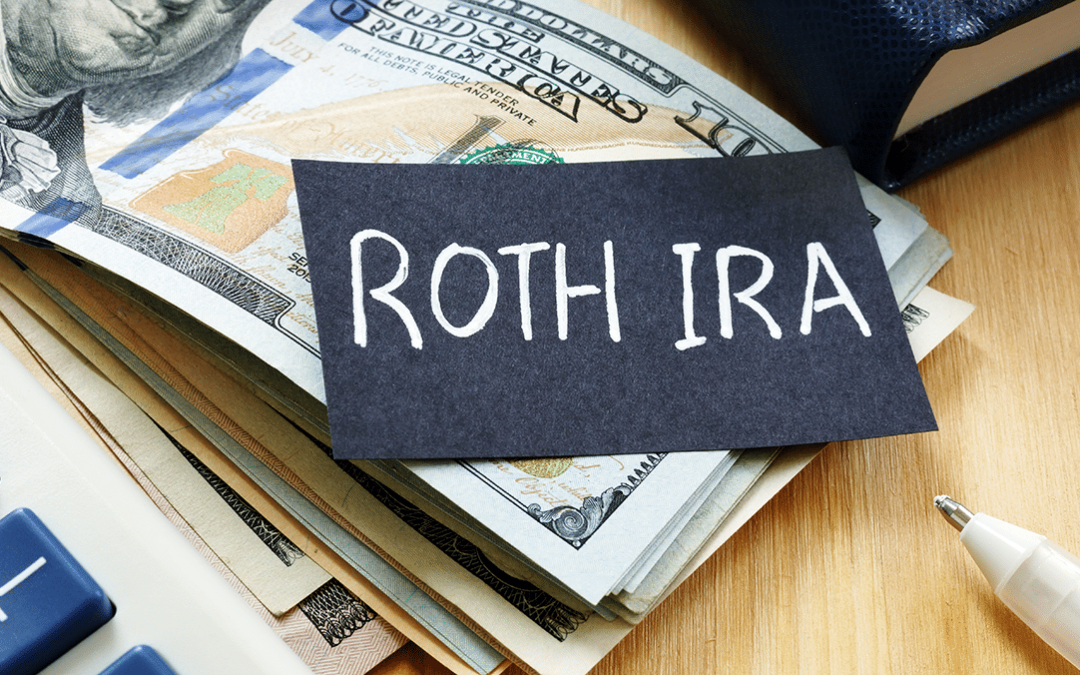There’s Still Time to Fund an IRA for 2023
The tax filing deadline is fast approaching, which means time is running out to fund an IRA for 2023. If you had earned income last year, you may be able to contribute up to $6,500 for 2023 ($7,500 for those age 50 or older by December 31, 2023) up until your tax return due date, excluding extensions. For most people, that date is Monday, April 15, 2024.
You can contribute to a traditional IRA, a Roth IRA, or both. Total contributions cannot exceed the annual limit or 100% of your taxable compensation, whichever is less. You may also be able to contribute to an IRA for your spouse for 2023, even if your spouse had no earned income.
Traditional IRA contributions may be deductible
If you and your spouse were not covered by a work-based retirement plan in 2023, your traditional IRA contributions are fully tax deductible. If you were covered by a work-based plan, you can take a full deduction if you’re single and had a 2023 modified adjusted gross income (MAGI) of $73,000 or less, or married filing jointly with a 2023 MAGI of $116,000 or less. You may be able to take a partial deduction if your MAGI fell within the following limits.
| 2023 income ranges for a partial deduction for traditional IRA contributions: | ||
| Covered by a work-based plan and filing as: |
Partial deduction if your MAGI is between: |
No deduction if your MAGI is: |
|
Single/Head of household |
$73,000 and $83,000 |
$83,000 or more |
|
Married filing jointly |
$116,000 and $136,000 |
$136,000 or more |
|
Married filing separately |
$0 and $10,000 |
$10,000 or more |
If you were not covered by a work-based plan but your spouse was, you can take a full deduction if your joint MAGI was $218,000 or less, a partial deduction if your MAGI fell between $218,000 and $228,000, and no deduction if your MAGI was $228,000 or more.
Consider Roth IRAs as an alternative
If you can’t make a deductible traditional IRA contribution, a Roth IRA may be a more appropriate alternative. Although Roth IRA contributions are not tax-deductible, qualified distributions are tax-free. You can make a full Roth IRA contribution for 2023 if you’re single and your MAGI was $138,000 or less, or married filing jointly with a 2023 MAGI of $218,000 or less. Partial contributions may be allowed if your MAGI fell within the following limits.
|
2023 income ranges for partial contributions to a Roth IRA: |
||
|
Partial contributions are allowed if your MAGI is between: |
You cannot contribute if your MAGI is: |
|
|
Single/Head of household |
$138,000 and $153,000 |
$153,000 or more |
|
Married filing jointly |
$218,000 and $228,000 |
$228,000 or more |
|
Married filing separately |
$0 and $10,000 |
$10,000 or more |
Tip: If you can’t make an annual contribution to a Roth IRA because of the income limits, there is a workaround. You can make a nondeductible contribution to a traditional IRA and then immediately convert that traditional IRA contribution to a Roth IRA. (This is sometimes called a backdoor Roth IRA.) Keep in mind, however, that you’ll need to aggregate all traditional IRAs and SEP/SIMPLE IRAs you own — other than IRAs you’ve inherited — when you calculate the taxable portion of your conversion.
A qualified distribution from a Roth IRA is one made after the account is held for at least five years and the account owner reaches age 59½, becomes disabled, or dies. If you make an initial contribution — no matter how small — to a Roth IRA for 2023 by your tax return due date, and it is your first Roth IRA contribution, your five-year holding period starts on January 1, 2023.
You have until your tax return due date, excluding extensions, to contribute up to $6,500 for 2023 ($7,500 if you were age 50 or older on December 31, 2023) to all IRAs combined. For most taxpayers, the contribution deadline for 2023 is April 15, 2024.
Making a last-minute contribution to an IRA may help you reduce your 2023 tax bill. In addition to the potential for tax-deductible contributions to a traditional IRA, you may also be able to claim the Saver’s Credit for contributions to a traditional or Roth IRA, depending on your income. For more information, visit irs.gov.
© 2024 Broadridge Financial Solutions, Inc. All Rights Reserved.
© Axial Financial Group. All Rights reserved. 1 Van de Graaff Drive, Suite 500, Burlington, Massachusetts, 01803
The accompanying pages have been developed by an independent third party. Commonwealth Financial Network® is not responsible for their content and does not guarantee their accuracy or completeness, and they should not be relied upon as such. These materials are general in nature and do not address your specific situation. For your specific investment needs, please discuss your individual circumstances with your representative. Commonwealth does not provide tax or legal advice, and nothing in the accompanying pages should be construed as specific tax or legal advice. Securities and advisory services offered through Commonwealth Financial Network®, Member FINRA/SIPC, a Registered Investment Adviser. Fixed insurance products and services offered through Axial Financial Group are separate and unrelated to Commonwealth.




